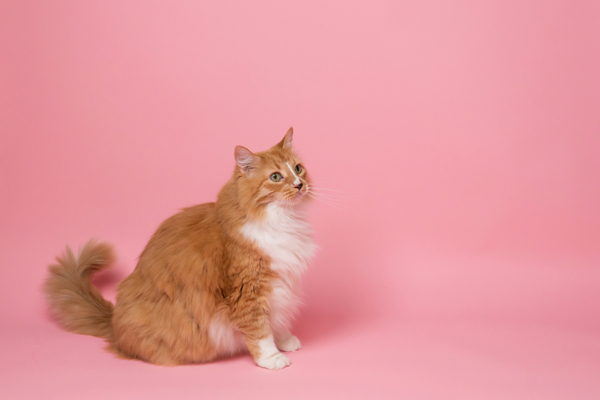
There are various physical and mental health risks associated with excess weight gain for our beloved fur kids.
Worrying statistics reveal that in Australia over 40% of dogs and more than 32% of cats may be considered overweight or obese. These figures highlight the need for greater awareness and education about the causes of pet obesity and the steps to take, to help protect the health and quality of life of our pet pals.
Pet Obesity Awareness Day falls on the second Wednesday in October each year. This day serves as a yearly reminder to all pet parents to learn about the impacts of pet obesity and what to do if pets start putting on weight.
Identifying whether your pet may be at risk:
- Monitor their food and calorie intake: Consider what your pet consumes daily. Are they having regular meals – wet and/or dry – and then treats in between, plus leftovers during dinner? Carefully consider your pet’s food intake and then discuss the calorie intake with your vet.
- Find out your pet’s Body Condition Score: This score ranks your pet’s overall weight and body composition from one to nine, with one being severely underweight and nine being severely overweight.
- Speak with your vet: If you have noticed a few extra kilos on your pet pal since a few years ago, then make an appointment to discuss your concerns with your vet.
If your pet fits within a weight range that could impact their health, the next steps should involve careful consultation with your vet. Some strategies could include:
- Diet management/Weight loss plan: Following advice from your vet, manage your pet’s food intake. Your vet may even suggest a specialised diet specifically suited to your pet.
- Make exercise a regular part of your pet’s day: Include a daily walk or active playtime in the backyard as part of your pet’s daily routine. Start slowly to ensure your pet has a positive experience and adjust walks to suit the age and health of your pet. Your vet can provide recommendations.
This information is a guide only. Pet owners should consult their local vet to discuss the individual dietary needs of their pet for the best nutrition and weight management strategies.
Sources and more information: